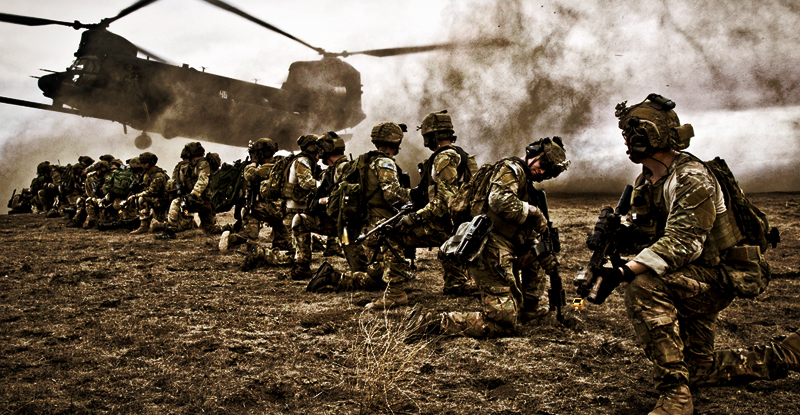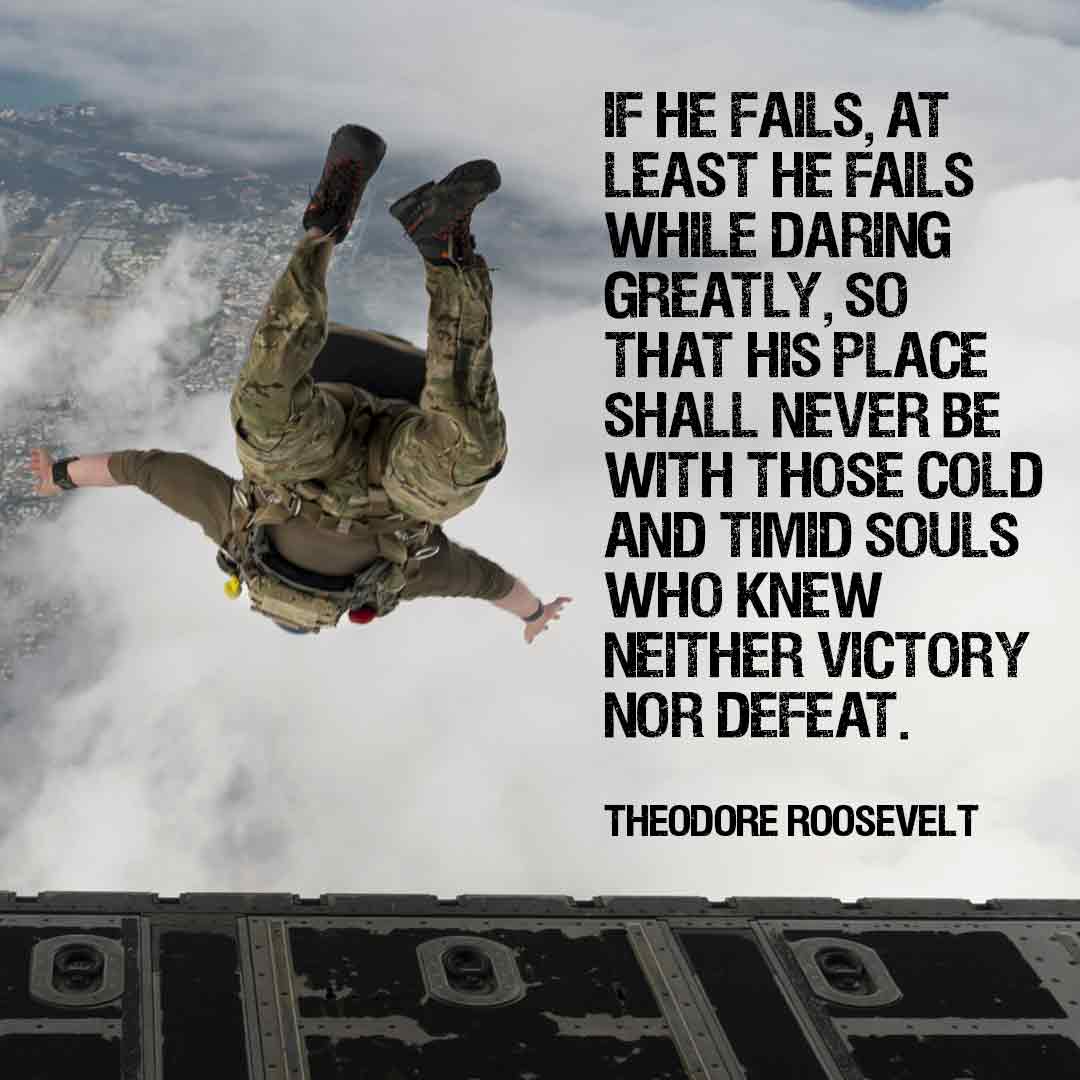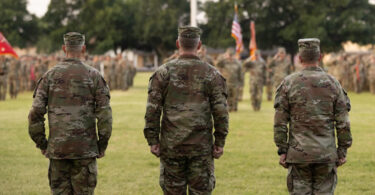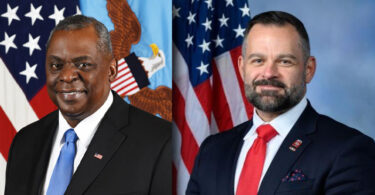By Michael Dakduk, deployed to Iraq and Afghanistan, including as a member of 1st Marine Special Operations Battalion (now 1st Marine Raiders) and Daniel Elkins is a former Green Beret, Special Operations combat veteran, and currently attending the Harvard Kennedy School of Government.
It’s no surprise that more than 100 Navy SEALs reportedly plan to march on Washington alongside other veterans to support Pete Hegseth’s nomination for secretary of defense.
This show of force isn’t just about loyalty, it’s about recognizing a leader who embodies what our warfighters truly need: a man forged in battle, dedicated to lethal excellence, and unafraid of the scars earned in the hardest fights.
There’s been a lot of talk about Hegseth’s past indiscretions. Some critics frame him as unfit for leadership because of personal struggles — failed marriages, rough patches, and choices made in moments of pain.
But to those who have known war and felt the sting of loss and the weight of duty, these aren’t disqualifications.
They’re marks of a man who has truly lived the warrior’s life, paid its price, and emerged stronger.
When warriors come home, they don’t always come back whole. Combat leaves marks on the soul.
Warfighters spend months or years in the crucible of asymmetric warfare, in places like Iraq and Afghanistan where the stakes are life and death. The brotherhood forged on the battlefield contrasts sharply with the isolation many face at home. The coping mechanisms that sustained troops overseas can fail veterans stateside.
Sometimes combat veterans turn to the wrong outlets, such as alcohol or other vices, to deal with things not easily expressed. For too many in combat roles, personal demons lead to impulsive behavior, and divorce rates climb.
These are not excuses, but they are truths known too well in the military ranks.
Pete Hegseth has lived that reality. He’s not a perfect man, but he’s an honest one. Instead of letting his experiences define him as broken, he has used them to refine his commitment to the men and women who serve this nation.
From the outside, Hegseth’s journey might seem alien to someone who never had to fight in battle. But it’s the story shared by many who served: The scars aren’t signs of weakness, they’re reminders of sacrifice.
As secretary of defense, Hegseth would carry with him those scars. He understands that the military’s mission is about winning wars and maintaining lethal forces capable of destroying our enemies.
He knows that when we ask service members to stand in the line of fire, we owe them leaders who comprehend the gravity of that demand, not just the theory.
His track record proves it. Since 2019 and most years thereafter, Hegseth dove into the Hudson River alongside Navy SEALs to raise awareness for veterans’ struggles in transitioning home. He championed the cause of those “in the arena,” a tribute to those who actually dare greatly.
Moreover, Hegseth is laser-focused on positioning our military for decisive victory. In recent interviews, he has stressed the importance of “lethality” and the duty to maintain high standards so we can “close with and destroy” our nation’s enemies.
He speaks from the vantage point of someone who wore the uniform and earned the Combat Infantryman’s Badge — a decoration that, to those who know, outweighs the Beltway’s fixation on polished credentials or lofty academic achievements, like his degrees from Princeton and Harvard.
Contrast that with the last several secretaries of defense. Some were four-star generals and others PhDs. They brought pedigrees but often seemed distant from the warfighters’ experience at a tactical level.
Hegseth does not claim an air of untouchable perfection. He is not a career politician, a cloistered academic, or a general shaped by the top-down traditions of the Pentagon.
He’s a man who understands war is brutal, unforgiving, and personal. His failures and recoveries make him more relatable to the troops on the ground and to a commander-in-chief who values toughness, authenticity, and loyalty.
Donald Trump built his brand on strength and success earned through adversity. He prizes leaders who refuse to stay down when knocked to the mat.
Hegseth’s journey is one of resilience, not fragility. He’s taken the blows that life and war dealt him and gotten back up. That’s the kind of leader who can inspire trust from the warfighters he’ll command — someone who has been tested in the arena, stumbled, and risen again, more lethal and more steadfast than before.
The critics will still take their shots, but as Teddy Roosevelt said,
“It is not the critic who counts; not the man who points out how the strong man stumbles or where the doer of deeds could have done them better. The credit belongs to the man who is actually in the arena.”
Pete Hegseth is that man. He’s earned his scars honestly, and he will fight for America’s warfighters and maintain our military’s lethal edge.
The views expressed in this article are those of the authors and do not represent the positions of the United States government or the Department of Defense.
First published on The Federalist









Leave a Comment